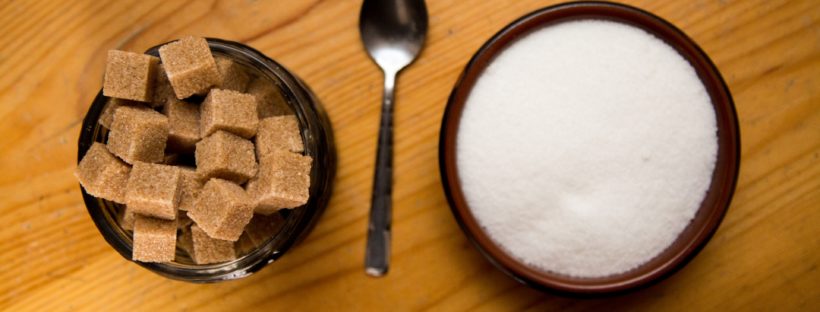Wow, maintaining a blog is much, much harder than I anticipated!
I’ve been meaning to write this post for whole month now but life just got in the way.
At the beginning of last month I attended a seminar on cognitive decline which literally blew my mind! It’s not often that you are inspired by specialists who take the time to share so much of their knowledge.
The main focus was on Alzheimer ’s disease, nutrition, functional medicine, reversal of symptoms and collaborative care.
In the past, the patient-doctor relationship was very much commanding that the patient follow these rules and take this medicine because as a doctor I know what is best for you etc.
Now, there is an awakening that is happening amongst the medical profession.
Empowering versus dictating.
The creating of self-awareness where we are shifting the focus and allowing the patient to be in charge of their own destiny. What is your patient’s purpose in life, what are their health goals? How can you assist in improving their quality of life? Get to know you patient. It’s important to know which type of patient has the disease than what disease the patient has.
What is Alzheimer’s disease?
The mono-therapeutic approach does not work anymore. There are essentially four key elements that need to be in place for ANY type of transformation to occur, diet, lifestyle, sleep and nutrition.
Collaborative care, what does it mean? Ever heard the term, it takes a village? Well yes, in these cases that’s exactly what the plan should be. Try to get as many people involved in trying to nurse this person back to health. We cannot place the burden on one person alone ( caring for a person with alzheimer’s increases the risk of getting alzheimers). Get the family involved, neighbours, doctors, dietician etc.
Below is a list of advice, vitamins, herbs and supplements that play an important role in mental health:
- Following a ketogenic diet
- Methyl B12
- Curcumin
- Bacopa
- Ashwaganda
- Vitamin D
- Pre/probiotics
- Magnesium trianate
- Omega 3 (DHA)
- CoQ10
- Coconut oil
- 5HTP
- Resvirotrol
- And last but not least, Exercise!
It is obviously impossible to take every single supplement that could benefit but us, but the objective should be to make small but permanent lifestyle changes that lead to healing.
Wishing you the best of health,
Dr Hansa

